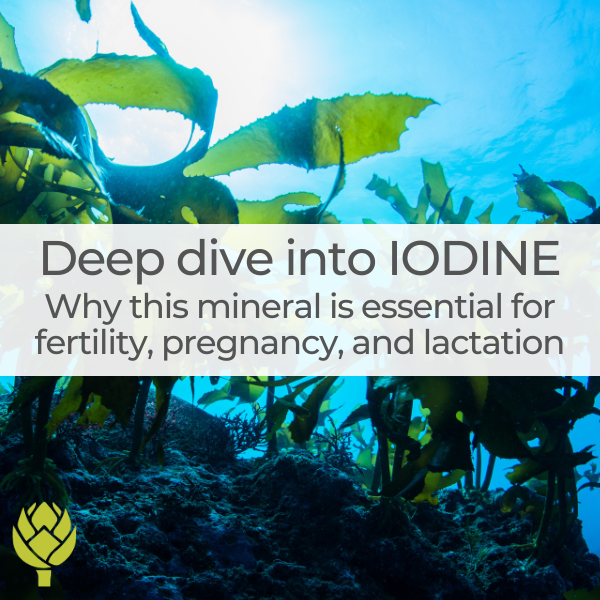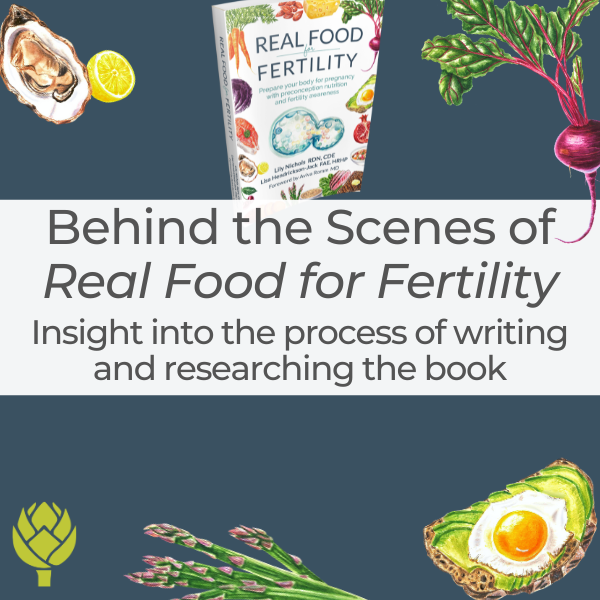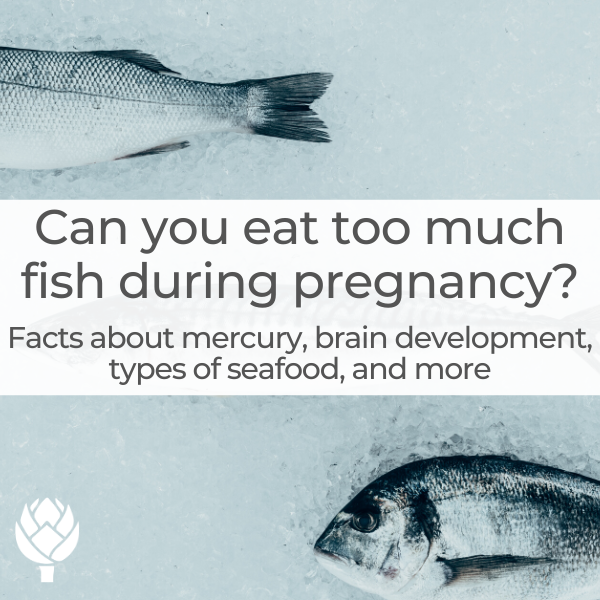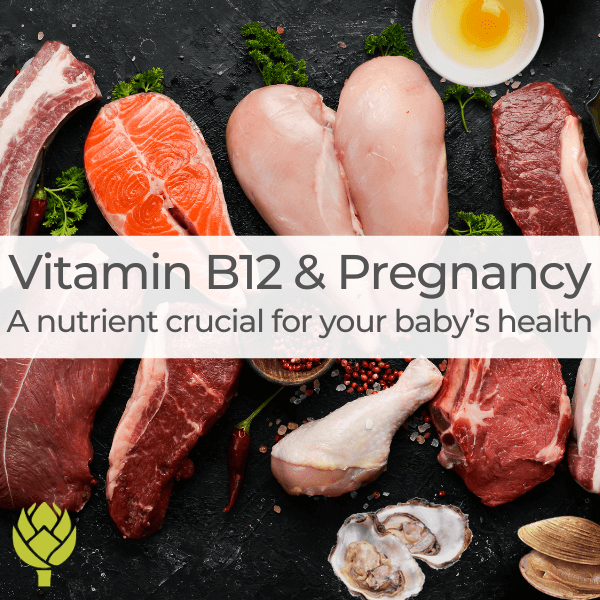About a month ago I shared with you that I’m writing my first “real” book, Real Food For Gestational Diabetes.
Since I announced this, I’ve had even more offers to be interviewed about prenatal nutrition and gestational diabetes. Seems this is a subject people have a lot of questions about!
Recently I sat down to (video) chat with Los Angeles-based doula, Andrea Abenoza-Filardi from Wholistic Beginnings to talk more about GD.
She, along with many other healthcare practitioners, are noticing increased rates of gestational diabetes in their clients. If you’re a regular reader, you’ll recall that up to 18% of pregnant women get diagnosed with gestational diabetes, so it’s no longer a rare complication.
So the question becomes – what can women do to prevent and/or treat gestational diabetes naturally? Andrea and I tackled that question and a whole lot more in this interview.
(We talked for so long that Andrea broke our interview into 4 bite-sized videos.)
Check out the Wholistic Beginnings Gestational Diabetes Interview Parts 1 and 2 below.
In part 1 of this interview, I cover:
- How I (accidentally) became an expert in gestational diabetes.
- Why I’m writing Real Food For Gestational Diabetes.
- What is gestational diabetes?
- Why not all gestational diabetes is the same.
- Why every woman should be screened for gestational diabetes in the first trimester.
- What’s the problem with high blood sugar during pregnancy?
- What are the short and long term risks of gestational diabetes to the baby?
- How (and why) is a baby’s metabolism is affected by gestational diabetes? (this one is key!)
- What are the benefits of maintaining normal blood sugar when you’ve been diagnosed with gestational diabetes?
In part 2 of this interview, I cover:
- What can you do to prevent gestational diabetes?
- Are there certain foods that can trigger gestational diabetes?
- Risk factors for gestational diabetes? Which risk factors are in your control?
- Which foods should women avoid to prevent (or manage) gestational diabetes?
- How to use mindful eating to manage gestational diabetes.
- An explanation of the Hunger Awareness Exercise that helps manage cravings and prevent overeating.
- Is wheat pasta better than white pasta? What about rice pasta? Zucchini noodles?
- How to combine foods to make a pasta meal healthier (and raise the blood sugar less).
Enjoy and please share with any expecting moms you know!
Until next week,
Lily
PS – If you have gestational diabetes and need help getting control of your blood sugar, be sure to snag your copy of my FREE guide “5 Tips to Manage Your Blood Sugar, Naturally” below.
UPDATE: My book, Real Food for Gestational Diabetes is now available! Check it out HERE!










Nice job, Lily! Your passion shines in this interview…such an important message and hoping that your book will be a smashing success! Thanks for sharing…
It’s hard to contain. 🙂
I’m sure you’ll be helping many women with your work, especially since it seems to come from such an inspired place.
Thanks Silvia!
Great interview! This is so useful for any pregnant person to know, but especially for those who need support to balance blood sugar. I’m sure you will be changing many pregnant women’s lives. I’m passing this along to a few of my expecting clients. Thanks, Lily!
Thanks for sharing, Elise!
These interviews are full of so much good info! I’m sharing it with several pregnant friends (although I found it super helpful as well). Thanks for sharing your wisdom!
Lily this was a great interview! I’m glad you brought up testing. Doctors do test for fasting glucose but we all know it may not be accurate, plus many doctors consider 99 mg/dl (for example) normal when it’s a sign that it’s starting to creep up. A lot of testing has to do with insurance–if AMA doesn’t recommend it, it doesn’t get covered, and most patients don’t want to pay out of pocket. So I definitely see a public policy potential in here. Good luck with your book–cant wait to read it!
Yes Nour, every doctor tests differently, which is part of the problem. Normal fasting blood sugar during pregnancy is less than 90mg/dl (average fasting blood sugar in healthy pregnant women is actually 70 though). To use your example, a fasting blood sugar of 99mg/dl IS diagnostic of gestational diabetes on its own (even without doing a formal glucose tolerance test).
I’ve worked at the public policy level in California and I don’t see the status quo changing in that regard. Unfortunately, it’s seen as too expensive to treat women with “mild” gestational diabetes, despite plenty of evidence showing lasting impacts on a child’s metabolism, even when exposed to only slightly elevated blood sugar (check out the HAPO study).
It’s the same reason we have fairly lax thresholds to diagnose type 2 diabetes. It’s too expensive for health care! (even though long term health care costs would go down if we helped these people lower their blood sugar early on)